Taiwan President Warns of Rising Threats Echoing Pre-WWII Europe
Lai Ching-te draws historical parallels during Taiwan’s first official commemoration of WWII’s end.
Taiwanese President Lai Ching-te has issued a stark warning, likening Taiwan’s current geopolitical challenges to those faced by European democracies on the eve of World War II. Speaking at Taiwan’s first official commemoration of the end of the second world war in Europe, Lai called for global unity in confronting authoritarian regimes.
“Eighty years after the end of the European war, the message of history is clear,” Lai told a gathering of foreign dignitaries in Taipei. “We now face similar threats and share common values with the democracies that once stood together against totalitarianism.”
The commemoration featured powerful historical imagery, including footage of the D-Day landings and audio of Winston Churchill’s defiant speeches. British and EU representatives also addressed the crowd, underscoring growing European support for Taiwan.
Lai’s comments come as China increases military and political pressure on Taiwan, which it claims as part of its territory and has threatened to take by force. The cross-strait relationship remains shaped by historical divisions: during WWII, China’s Nationalists (Kuomintang) and Communists fought Japan together before resuming a civil war that ended with the Nationalists retreating to Taiwan in 1949. Taiwan still officially bears the name Republic of China.
In a pointed reference to Beijing, Lai urged “freedom-loving nations” to stand united against modern authoritarian threats. “Taiwan and Europe face a new wave of totalitarianism,” he said. “History teaches us that appeasement only feeds aggression.”
Analysts say Lai’s remarks are part of a broader effort to align Taiwan more closely with European and Western democracies, especially amid uncertainty over the U.S. role in global security. Marcin Jerzewski of the European Values Center said Lai is sending a message that Taiwan’s fate is intertwined with Europe’s, hoping to maintain Indo-Pacific engagement even as transatlantic priorities shift.
Wen-Ti Sung of the Atlantic Council noted that Lai seeks to position Taiwan not merely as a beneficiary of Western support, but as an active contributor to shared security goals.
The timing of Lai’s speech was notable, coinciding with Chinese President Xi Jinping’s visit to Moscow for Russia’s WWII commemorations. Xi’s rhetoric this week reinforced Beijing’s claims over Taiwan, declaring that reunification with the island is “unstoppable,” and thanked Russia for its continued support of China's territorial stance.
As China supports Russia’s invasion of Ukraine and conducts increasing military exercises around Taiwan, many observers fear that Beijing is drawing lessons for its own potential conflict.
Lai’s remarks, steeped in historical warning, served as both a commemoration and a call to action—reminding the world that the price of ignoring creeping authoritarianism may again be too high.

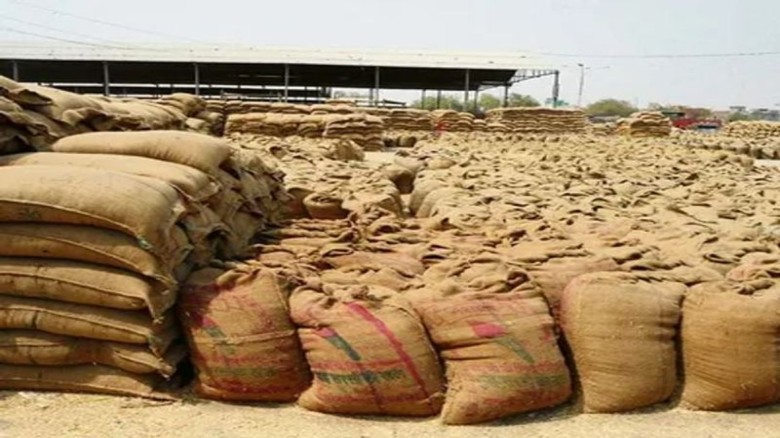
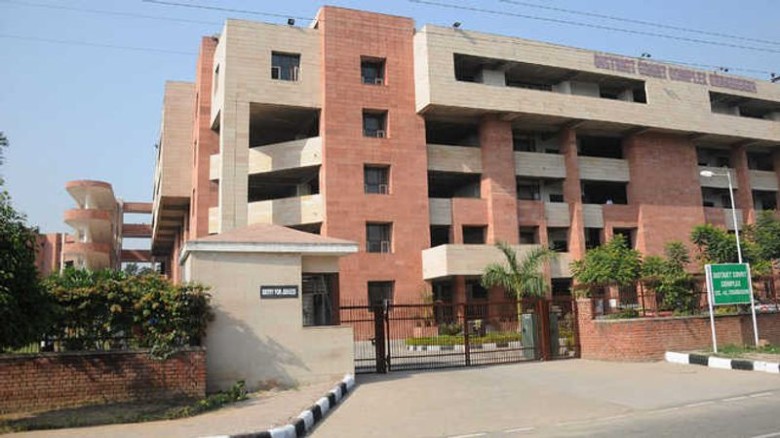

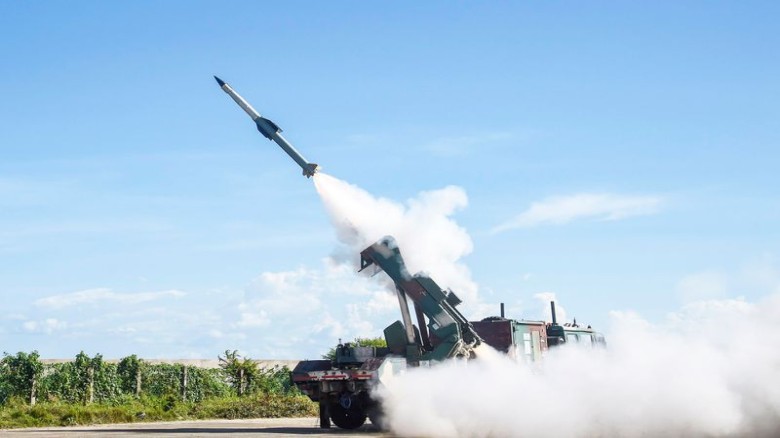
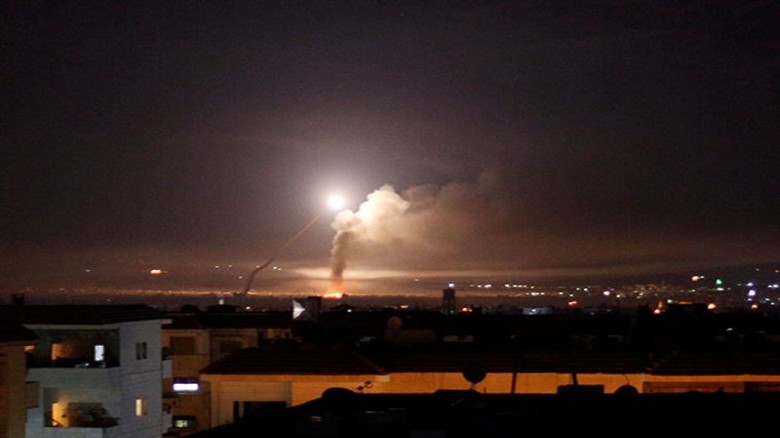
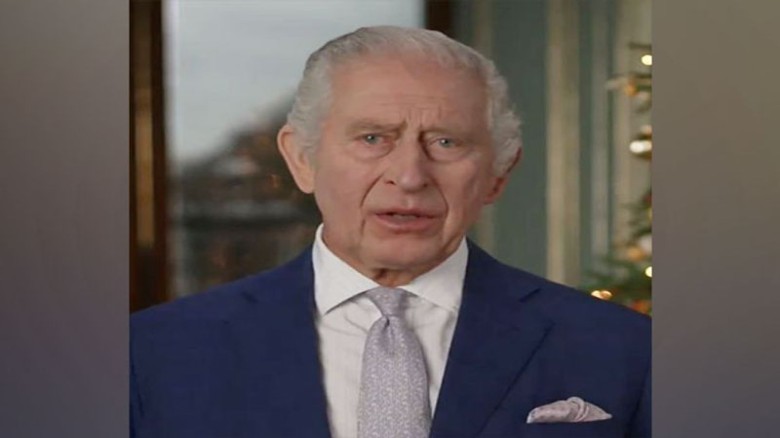
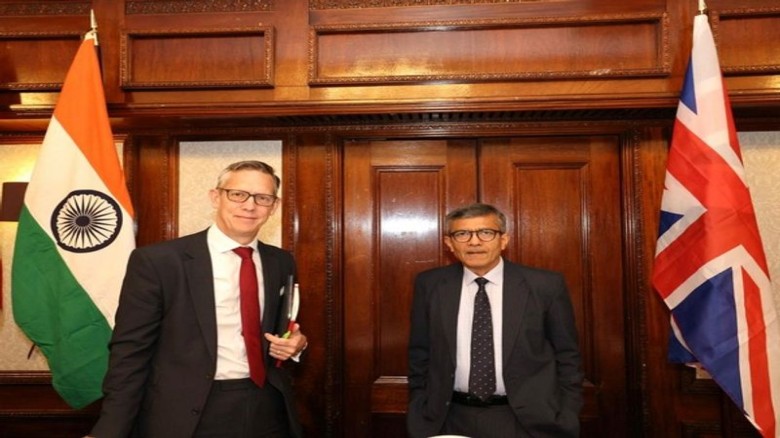


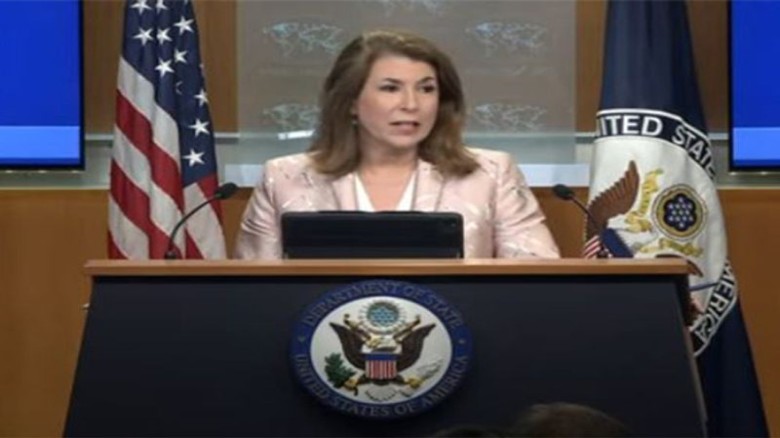
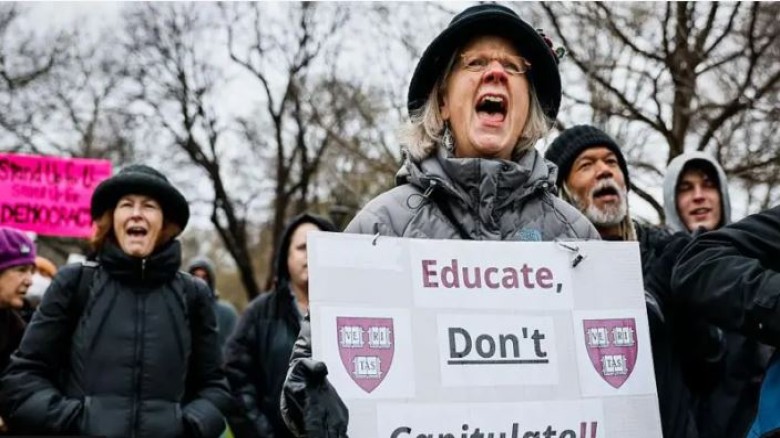
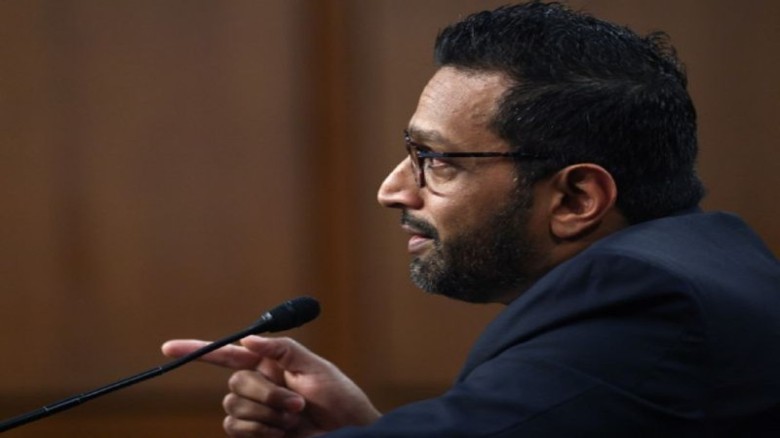





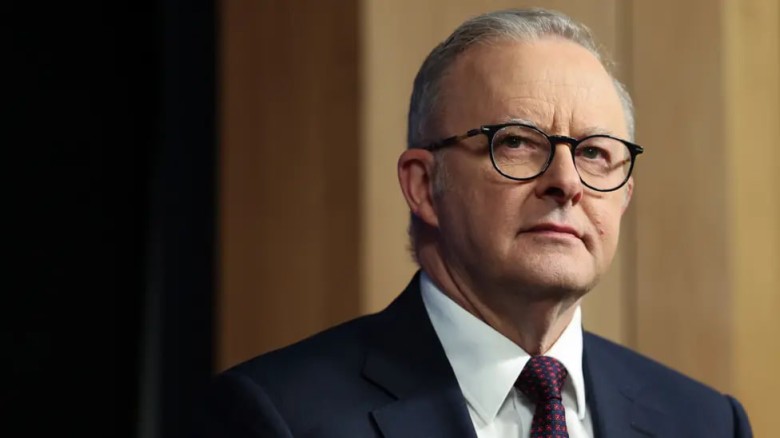


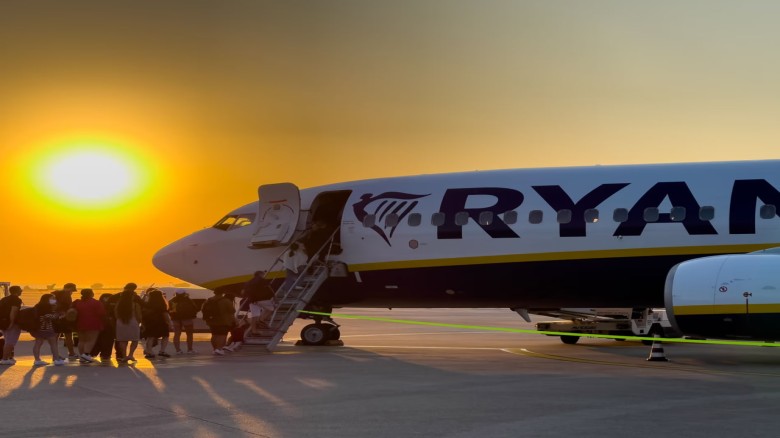
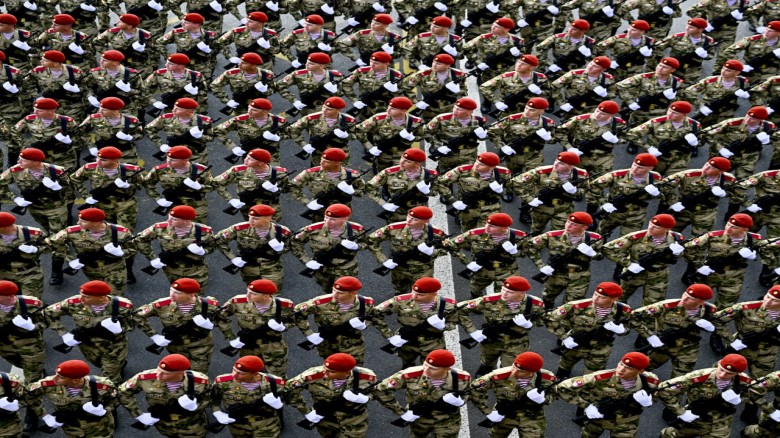
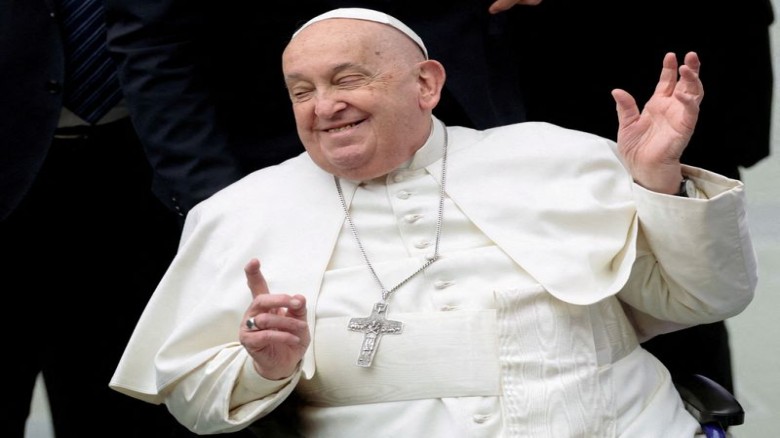
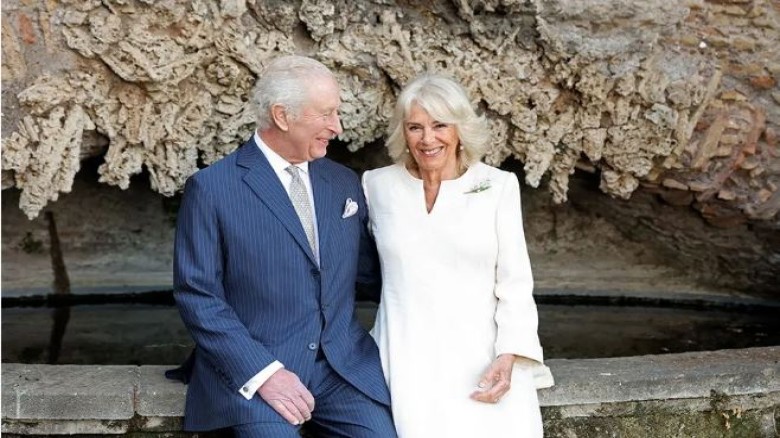
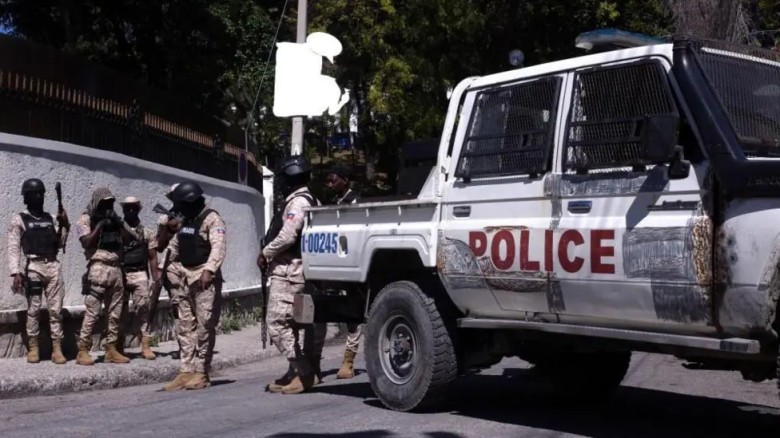
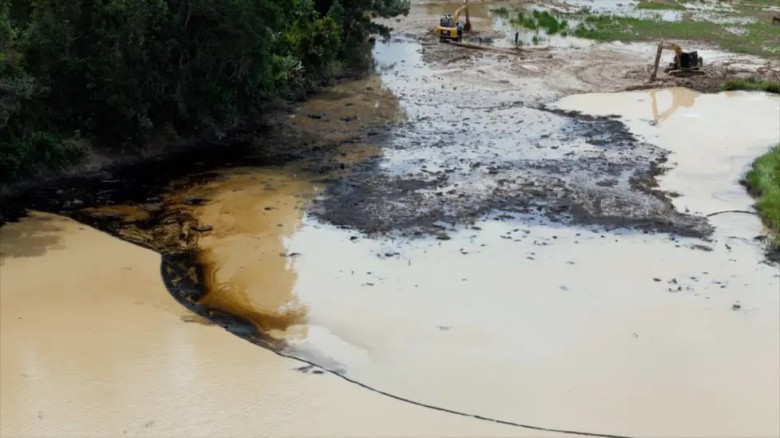
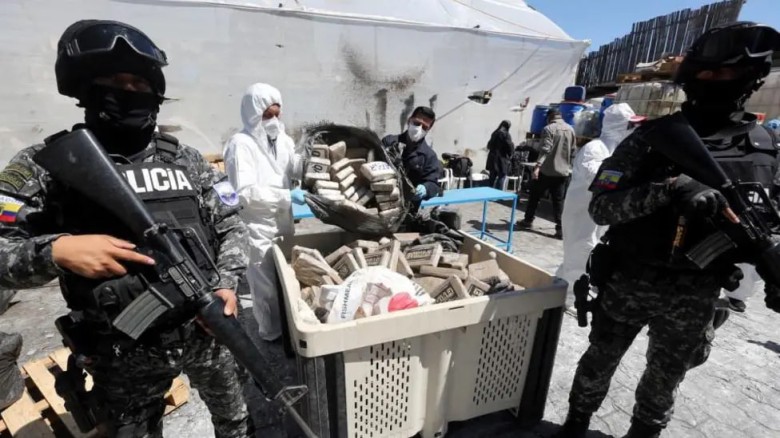
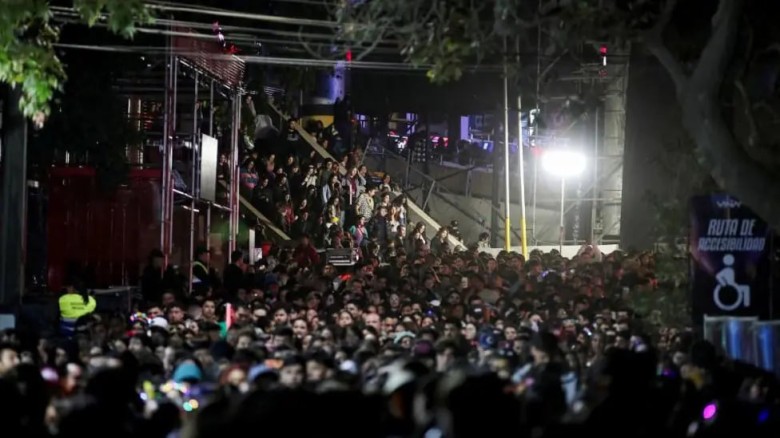







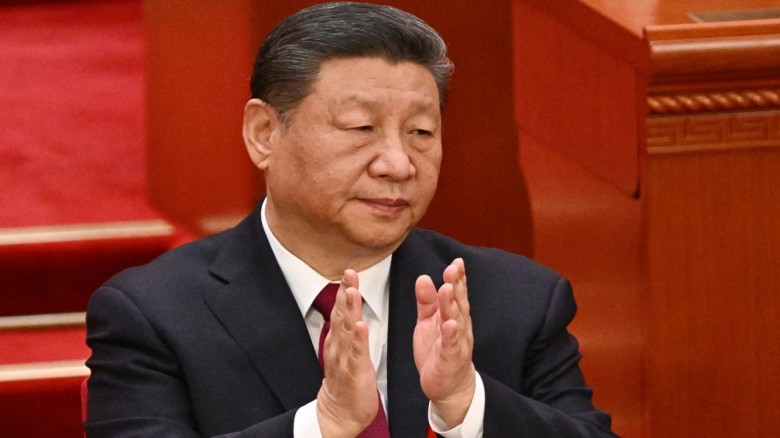

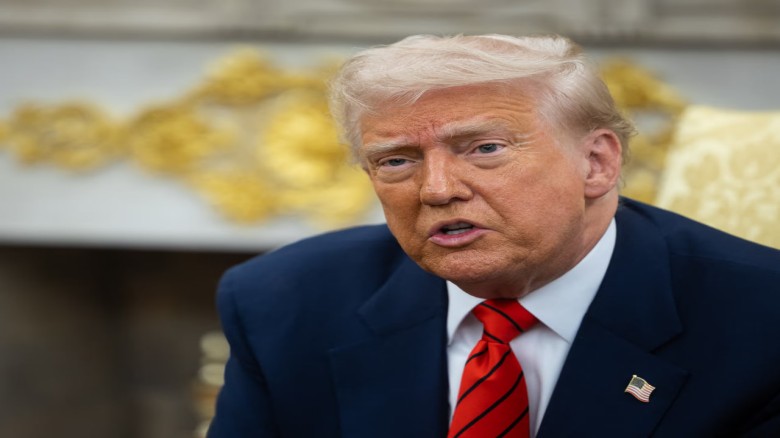
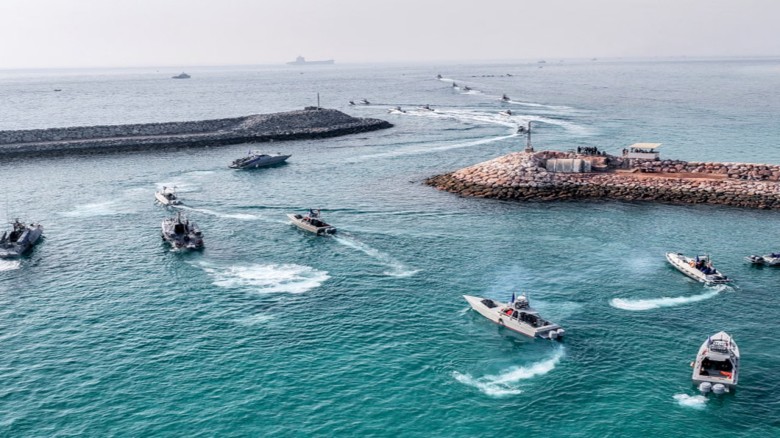

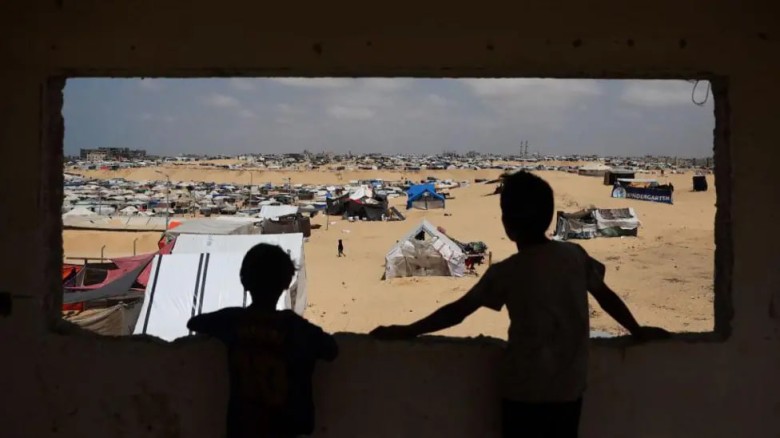



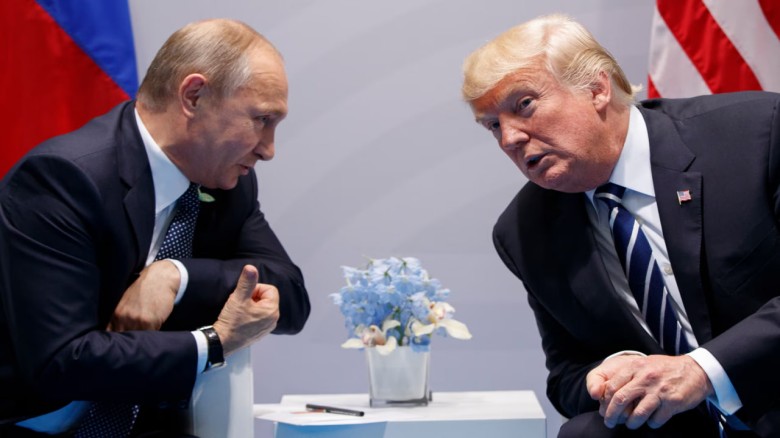



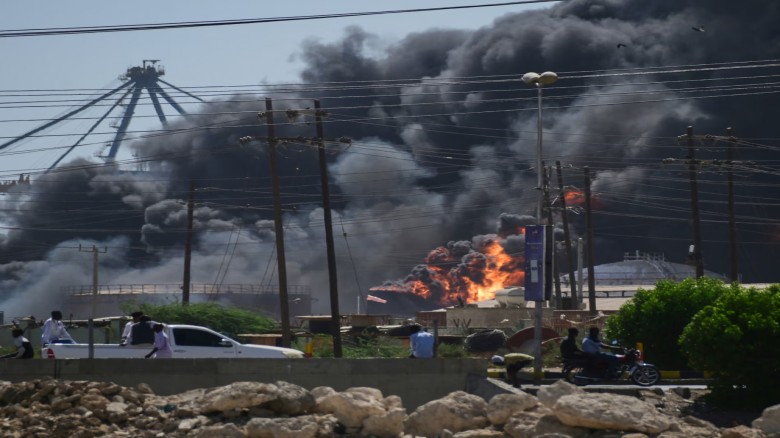
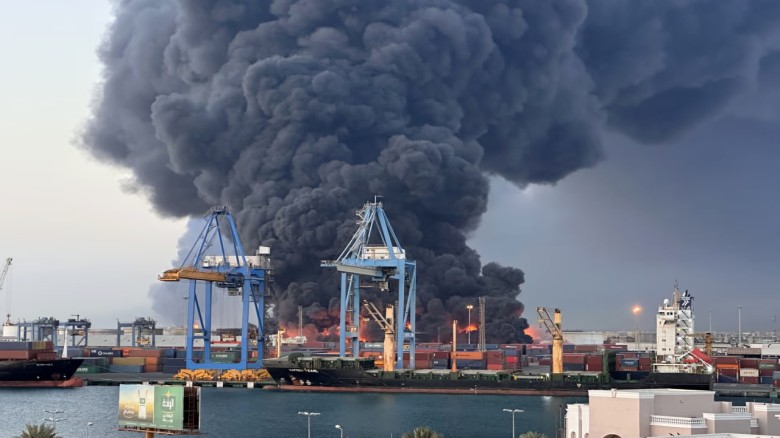
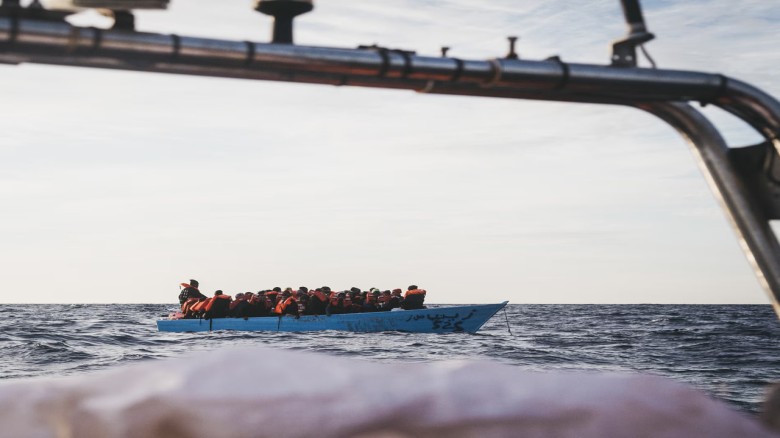




















Leave A Comment